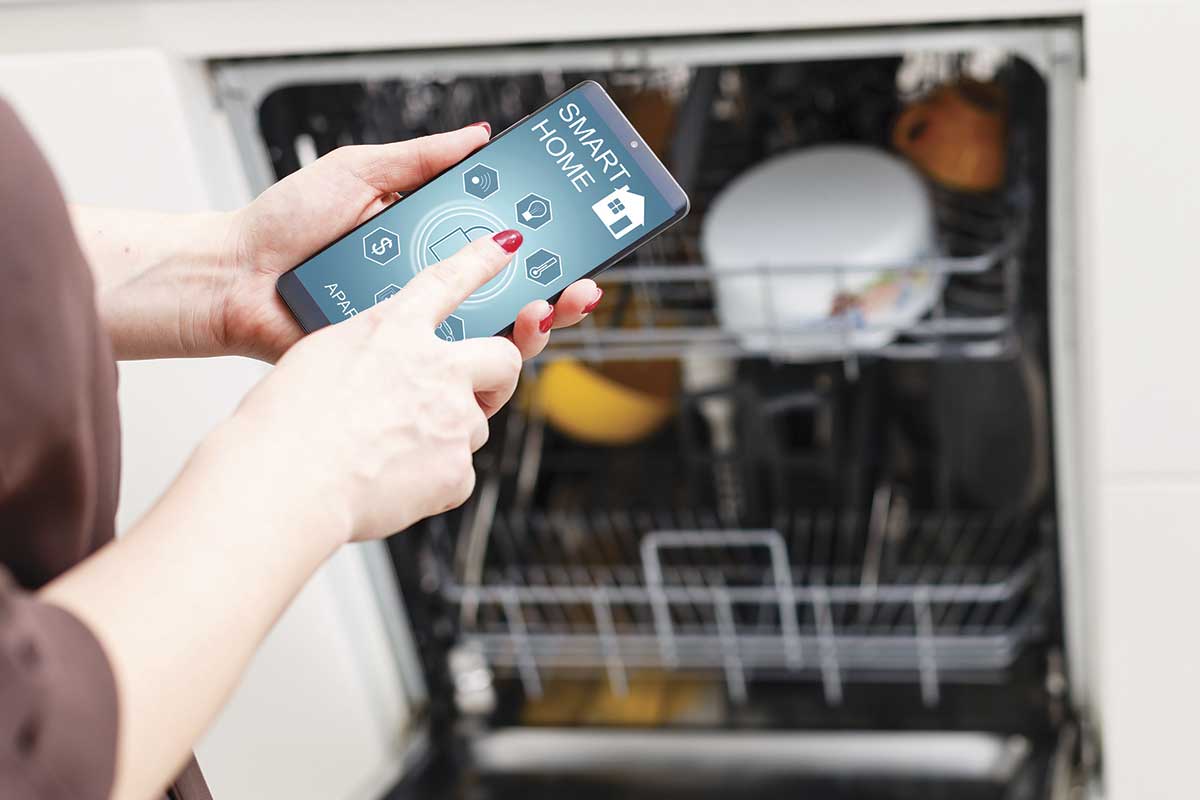When it comes to saving energy, it can be challenging to separate fact from fiction. Here are answers to some common conservation questions.
Q: Is it true that turning lights off and on uses more energy than just leaving them on?
A: Not true. Turning off lights definitely reduces energy use. Turn off LED and incandescent bulbs every time you leave the room. The situation is a little different with compact fluorescent bulbs. Turning them off does save energy but can shorten the life of the bulb. The rule of thumb for CFLs is to turn them off any time they won’t be used for 15 minutes or more.
Q: Would replacing my old windows with new, more efficient ones really cut my energy use in half?
A: No. While replacing inefficient windows with new, energy-efficient windows can cut heat loss through windows in half or more, windows typically account for only about 25% to 30% of your space heating costs. The amount of energy you use for heating and cooling is likely one-third to one-half of your total energy use, so replacing your old windows might only reduce your total energy costs by about 10%. When you consider the high cost of new windows, you may not recoup your investment for 15 or 20 years.
Q: Burning wood in my fireplace should lower my heating costs, right?
A: Possibly, but certain conditions need to be met. The wood should be dry and burned efficiently in a properly installed, properly placed, high-efficiency wood stove or fireplace insert. Otherwise, it’s likely you’ll lose as much heat through your chimney as you’re distributing throughout the house.
Q: My kids claim using the dishwasher is just as efficient as washing dishes by hand. Are they right?
A: Yes. In fact, it’s usually more efficient. Properly used dishwashers actually use less water while doing a better job, and as a bonus, they will save you more than 200 hours a year. For maximal energy savings, make sure your water heater is set to about 120 degrees and use the most efficient wash/dry settings.
Q: I’ve heard it’s better to heat individual rooms with an electric space heater and keep the doors closed to trap the heat. Is this true?
A: It’s possible to save money with an electric space heater if you use it only a few hours a day and reduce your home’s thermostat setting by a couple of degrees. Space heaters can cause fires, so they need to be used wisely and should never be left unattended. Heating your entire home with space heaters is inefficient and dangerous.
Q: Should I close the vents in rooms that aren’t being used?
A: Most experts advise against this because closing supply registers forces your furnace to work harder. They advise keeping all vents and doors open. If your system supplies too much heat to some rooms and too little to other rooms, you should talk to a heating and air conditioning professional about modifying your ductwork.
Q: Does the age of my home determine how energy efficient it is?
A: Newer homes tend to be more efficient because energy codes have improved, but every home can have hidden energy issues, no matter its age.


